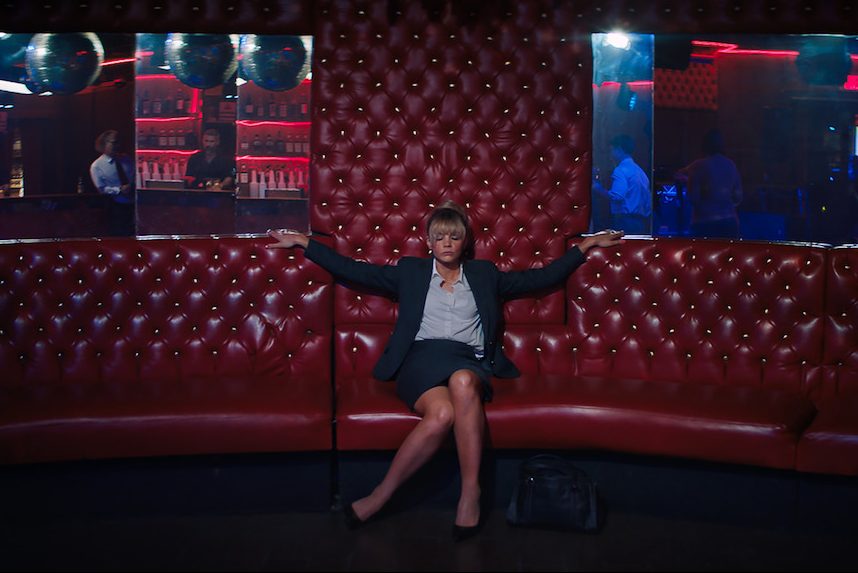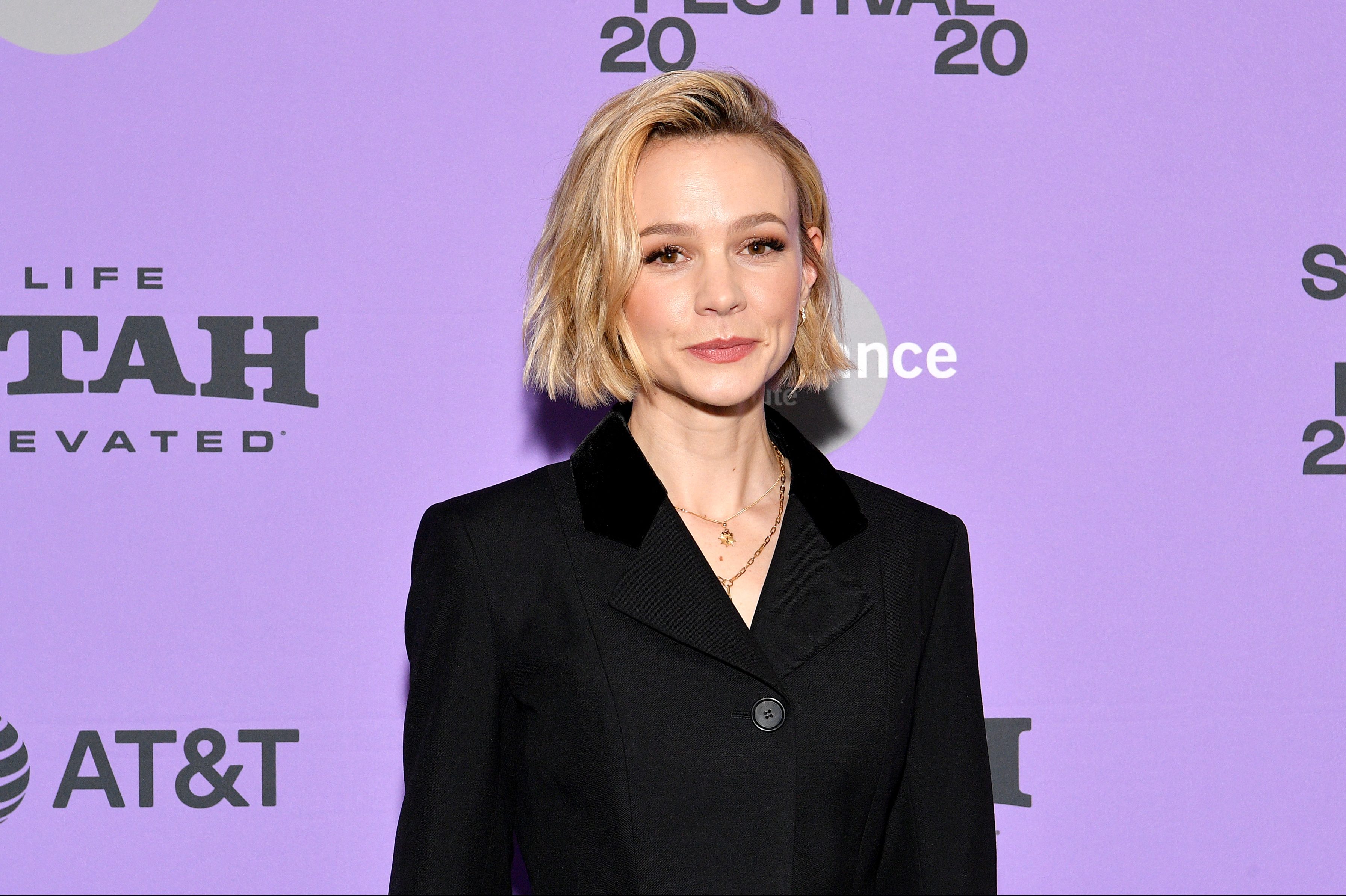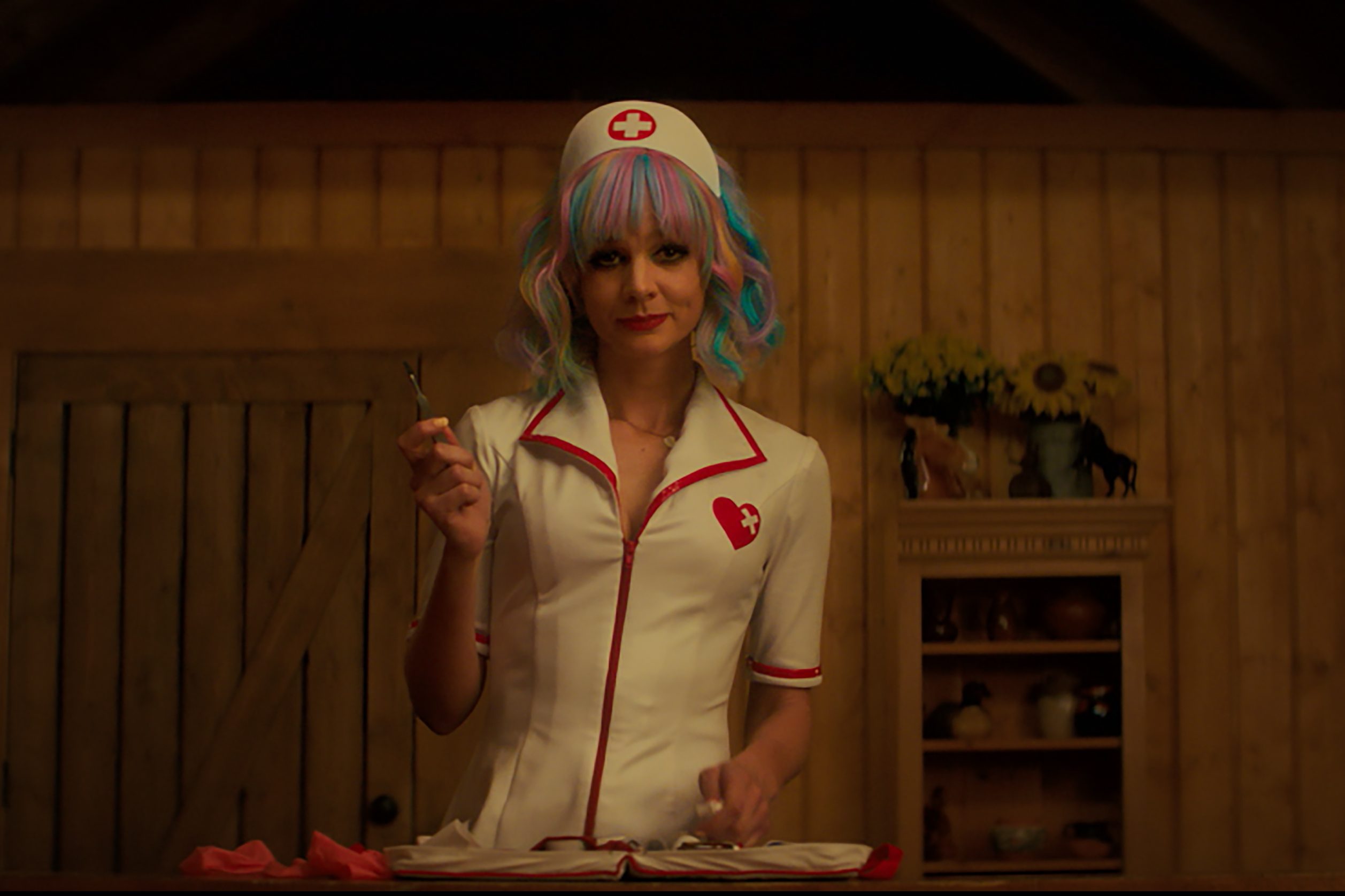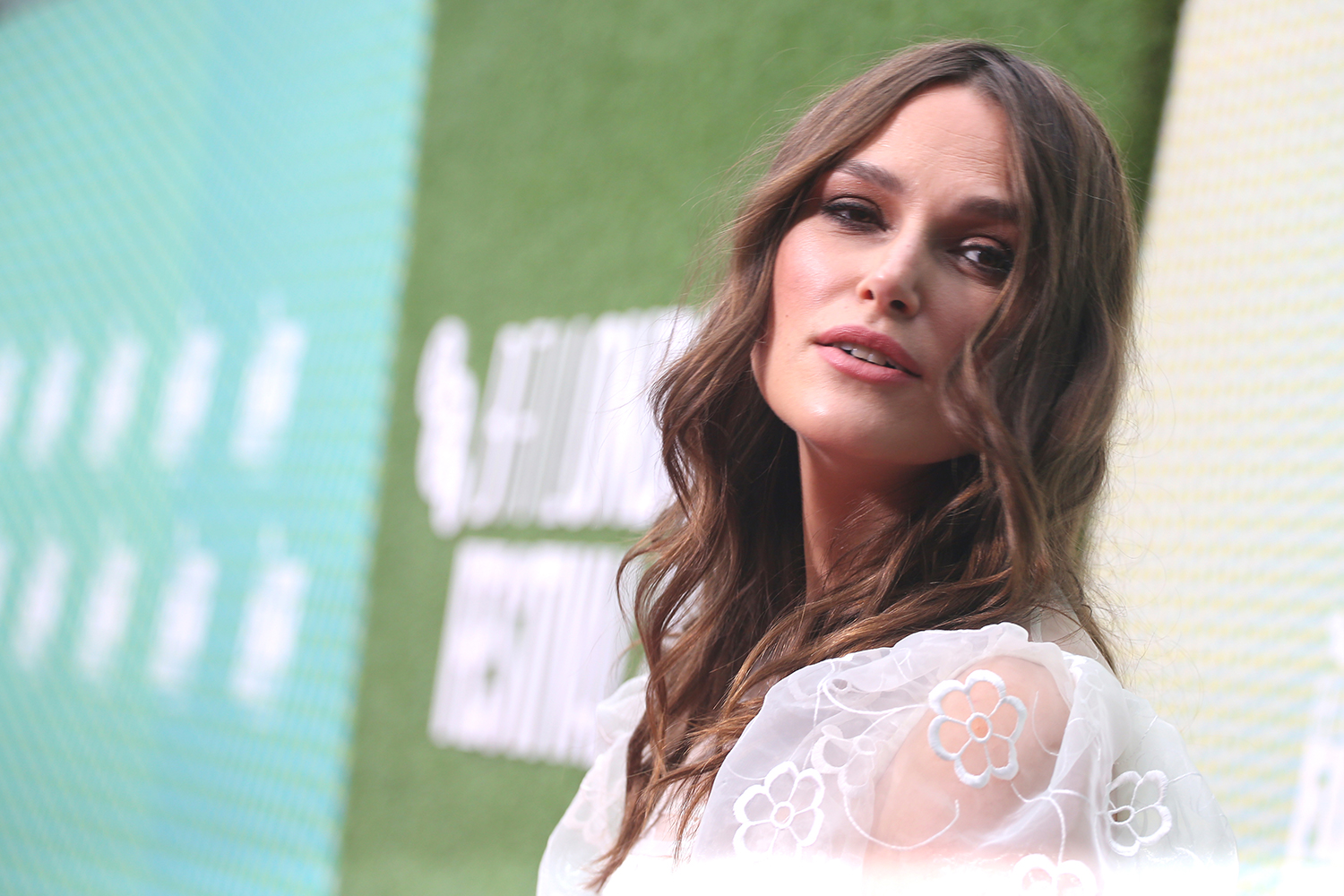Carey Mulligan made headlines earlier this week after reacting to an apology from Variety over a Promising Young Woman review that she believed implied she “wasn’t hot enough” for the role, and now the critic responsible for the review, Dennis Harvey, is speaking out and defending himself.
Harvey spoke to The Guardian, telling the publication that he feels he is being unfairly mischaracterized as a sexist. “I did not say or even mean to imply Mulligan is ‘not hot enough’ for the role,” he said. “I’m a 60-year-old gay man. I don’t actually go around dwelling on the comparative hotnesses of young actresses, let alone writing about that.”
Harvey continued that he is “appalled to be tarred as misogynist, which is something very alien to my personal beliefs or politics. This whole thing could not be more horrifying to me than if someone had claimed I was a gung-ho Trump supporter.”
The writer originally came under fire after Mulligan called out this particular paragraph in his review: “Mulligan, a fine actress, seems a bit of an odd choice as this admittedly many-layered apparent femme fatale. Margot Robbie is a producer here, and one can (perhaps too easily) imagine the role might once have been intended for her. Whereas with this star, Cassie wears her pickup-bait gear like bad drag; even her long blonde hair seems a put-on.”
“What I was attempting to write about was the emphasis in the film and [Mulligan’s] performance on disguise, role-playing and deliberate narrative misdirection,” Harvey explained. “Nor was bringing up Margot Robbie meant to be any comparison in ‘personal appearance.’ Robbie is a producer on the film, and I mentioned her just to underline how casting contributes to the film’s subversive content — a star associated with a character like Harley Quinn [Robbie’s Suicide Squad character] might raise very specific expectations, but Mulligan is a chameleon and her very stylized performance keeps the viewer uncertain where the story is heading.”
“I assumed that filmmakers who created such a complex, layered movie wouldn’t interpret what I wrote as some kind of simpleminded sexism,” he continued. “And while Carey Mulligan is certainly entitled to interpret the review however she likes, her projection of it suggesting she’s ‘not hot enough’ is, to me, just bizarre. I’m sorry she feels that way. But I’m also sorry that’s a conclusion she would jump to, because it’s quite a leap.”
It’s nice to hear that Harvey’s intentions were not to compare Mulligan’s looks to Robbie’s or imply that a “hotter” actress would more believably be able to lure predatory men into her trap. (Again, just to reiterate, one out of every six American women has been the victim of an attempted or completed rape in her lifetime — you don’t need to be “hot” to encounter a sexual predator.) But his review did a poor job of articulating that. The fact that most people (to be fair, us included) assumed that a man talking about two actresses’ suitability for a role was comparing their physical appearance is perhaps a reminder of how prevalent that sort of casual sexism is in society; we’ve heard that sort of thing a million times before, and so we assumed we were hearing it again. He may not be a misogynist, but Harvey bears the responsibility for that confusion, along with his editors at Variety who failed to help him clearly get his point across.
He’s not simply guilty of bad writing, though; one of the most frustrating, problematic parts of his review has been overshadowed by the Mulligan/Robbie debate. As he sets up the movie’s premise, he writes, “Once a week or so, she dresses to the nines, goes out to a club, and is found passing-out-drunk there by some man who pretends to be ‘helping’ her, but only wants to take advantage of a woman clearly not in full, consensual control. When he inevitably gets very frisky, she suddenly turns out to be the stone-sober deliverer of a message that will make him think hard before ever attempting such predatory hijinks again.”
For one, that passage isn’t entirely true. Mulligan’s character is not “dressed to the nines” in every club scene, and in fact the movie goes out of its way to vary her style of dress in each of these scenes to drive home the point that rape can happen to anyone, regardless of who they are or what they were wearing. In fact, its entire opening sequence features Mulligan dressed in business-casual attire, looking like she just came to the club straight from her respectable office job. But it’s that second sentence that feels particularly egregious for the way it minimizes the gravity of a man attempting to have sex with an incapacitated woman. Words like “frisky” and “hijinks” imply a certain level of playful, harmless mischief — certainly not rape, which is what he’s describing. Language like that only helps to perpetuate the “boys will be boys” attitude that has for so long been used to excuse the vile behavior of sexual predators, and even if Harvey didn’t intend it to come off that way, he needs to be held accountable for it. And so do his editors.
Thanks for reading InsideHook. Sign up for our daily newsletter and be in the know.


















